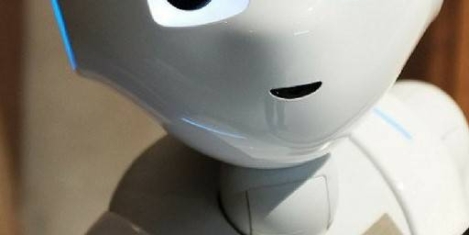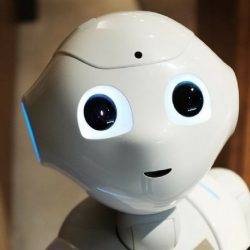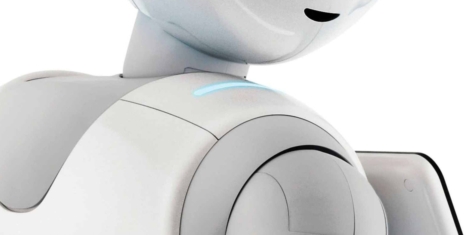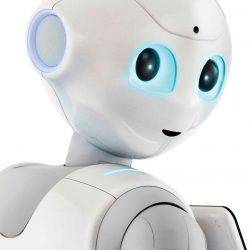May 9, 2017
Number of CEOs with technical background grows to meet demands of digital economy 0

The number of CEOs from a financial background is falling as firms put more sway into technology skills, a new report claims. The annual Robert Half FTSE 100 CEO Tracker shows that in the last four years the number of CEOs with a technology background trebled as businesses prepare to compete in an increasingly digital economy. In 2014, only three CEOs had a background in technology while today this number has increased to 11. There is a also a generational shift occurring in the FTSE 100, with just eight CEOs under the age of 50 on the FTSE 100, a quarter less than in 2010 when there were 33 CEOs under the age of 50. The typical age of a CEO is 55 years old and the average tenure is five years and two months. While a majority of CEOs still have a background in finance, this figure has fallen to 43 percent from 55 percent last year and the lowest level in three years. Of those CEOs with a financial background, nearly half (19 percent) are Chartered Accountants.











 In this week’s
In this week’s 




 Accommodation and food services, manufacturing, and transport industries will be hardest hit by limits on movement of EU and non-EU workers following Brexit, a new report has claimed. The latest edition of Mercer’s
Accommodation and food services, manufacturing, and transport industries will be hardest hit by limits on movement of EU and non-EU workers following Brexit, a new report has claimed. The latest edition of Mercer’s 






 Implementing new technologies over the next 12 months is of primary importance for senior managers, with nearly two-fifths of finance directors saying digital transformation is one of their greatest priorities. Against a backdrop of economic uncertainty, chief financial officers (CFOs) are focusing on increasing profitability (41 percent) and driving overall company growth (39 percent) in the year ahead, according to research from,
Implementing new technologies over the next 12 months is of primary importance for senior managers, with nearly two-fifths of finance directors saying digital transformation is one of their greatest priorities. Against a backdrop of economic uncertainty, chief financial officers (CFOs) are focusing on increasing profitability (41 percent) and driving overall company growth (39 percent) in the year ahead, according to research from, 







March 8, 2017
In a crowd of truths, we can discern and reclaim what it means to be human 0
by Neil Usher • Comment, Facilities management, Technology, Workplace design
(more…)